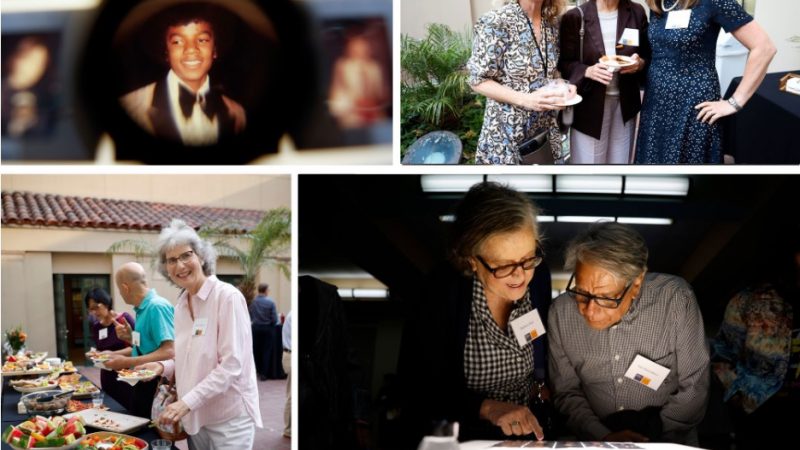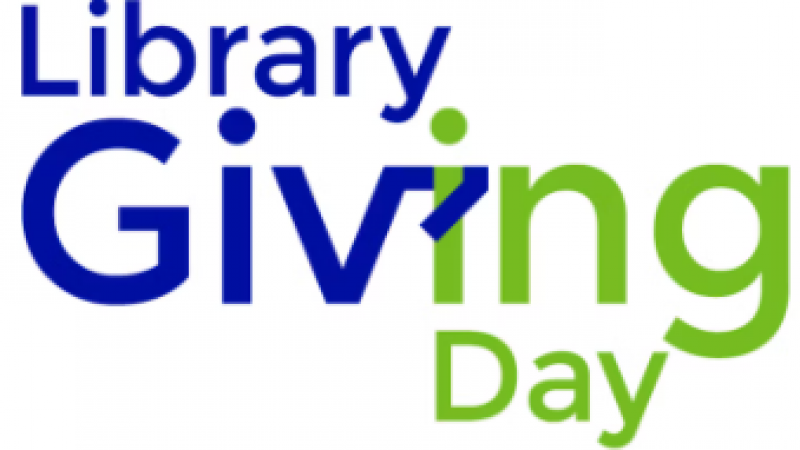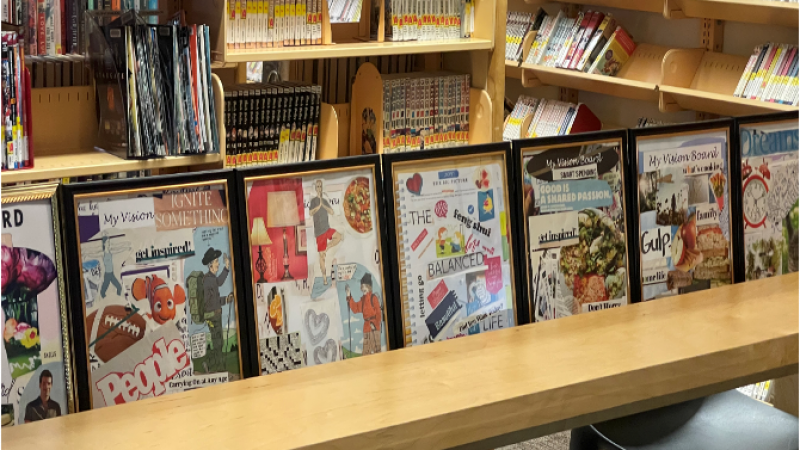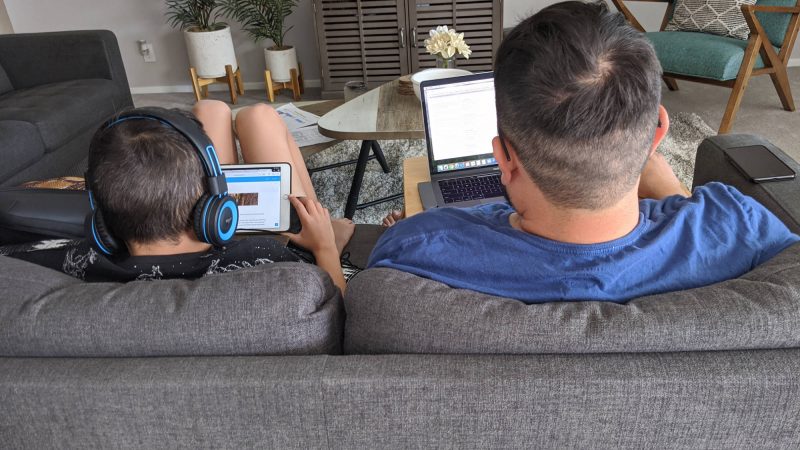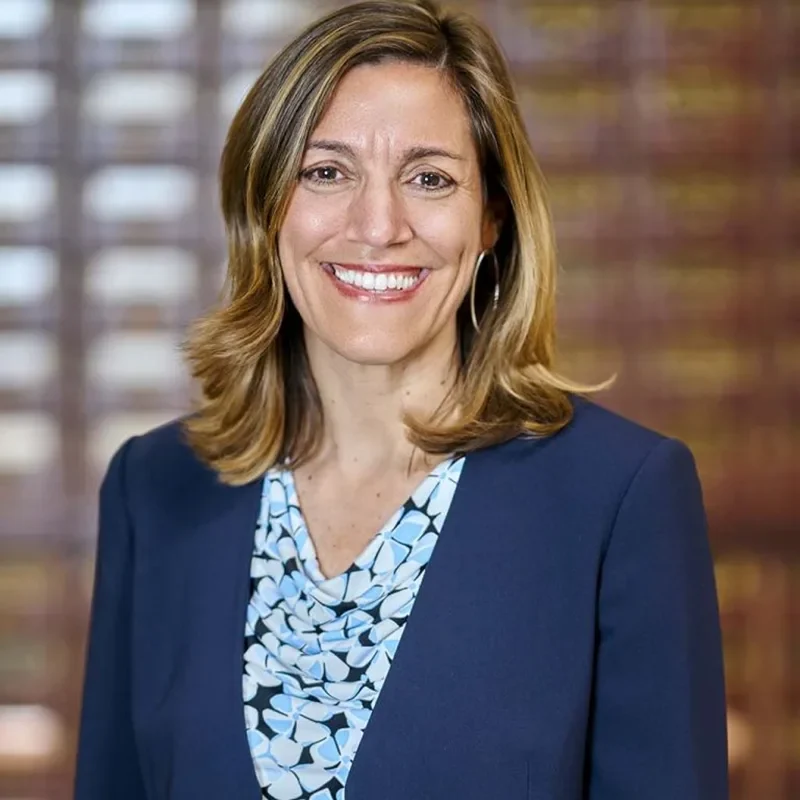The immensely talented writer Jesmyn Ward can elevate the most dire circumstances into beautiful elegies. She won a National Book Award in 2011 for her second novel, Salvage the Bones, which follows a pregnant teenager’s courage to survive in a post-Katrina Mississippi. Last September, Ward published her first nonfiction book—Men We Reaped, (a finalist for the Indies Choice Book of the Year Award and for the National Book Critics Circle Award)—a memoir about the despair and racism surrounding growing up in rural poverty in Mississippi. Her work casts a penetrating look at race in contemporary America, and on Thursday, September 25, Ward visits ALOUD for a conversation with New York Times columnist Charles M. Blow, who will share from his recent memoir, a recollection of a painful childhood in an out-of-time African-American Louisiana town. We caught up with Ward about the state of Southern American literature, and how although her own writing is deeply rooted in a region, it transcends boundaries.

Maya Angelou, who recently passed away, gave voice to the often-overlooked characters of our times—African Americans, women, Southerners. How do you think the boundaries she pushed in writing about such subjects altered the course of American letters?
Ward: One of the most striking aspects of Ms. Angelou’s work is her demand that the reader acknowledges her characters as human beings, that her readers acknowledge her characters’ humanity and dignity. It is remarkable that African Americans, women, Southerners, populate her work, but it’s even more remarkable that members of even more underrepresented groups in literature teem in her pages: sex workers, the poor, survivors of sexual and physical abuse, etc. The forthright honesty and the meticulous attention to detail that Ms. Angelou infuses her writing with makes the reader see these disparate people as real, as common and human as the reader. She showed readers and writers alike that it could be done.
Although your writing is deeply rooted in the themes and landscapes of a region, it speaks to many universal hardships of poverty, racism, and crime. How do you balance writing from such a specific place and breaking out of that constraint to represent a broader humanity?
Ward: One of the most common misconceptions I encounter about the South is that the problems one encounters here are endemic to this region only, and are worse here. That somehow, these problems are different, alien to the rest of the country and the nation. I hoped that writing about my people, imbuing people that are very particular to this place and these circumstances, with careful attention to their humanity would make their problems familiar to the reader, would lessen that propensity to make aliens out of us Southerners.
After writing two deeply personal novels based on real events like surviving Hurricane Katrina, you decided to write a memoir. What was this transition like?
Ward: It was a scary transition for me. I’d never written creative nonfiction longer than a twenty-page essay before, so the prospect of writing a book was daunting. But I believed in the story I was writing—I believed that it was important and that it needed to be told. So I was foolhardy and brave all at once, and that helped me to stumble my way through the first draft of the memoir.
In both your fiction and nonfiction, you take on social and political issues. What were the different challenges in each of these genres in grappling with these issues?
Ward: It’s easier to take on social and political issues in fiction. There’s a distance there because the characters come alive and act organically, and the commentary about the issues comes through the characters as they live their lives. But in nonfiction, the narrator speaks. There is no distance. The narrator has to own his or her opinions on social and political issues. The narrator has to be self-aware and offer commentary. That’s hard.
Men We Reaped follows tragedies surrounding the young men in your community who represent a “lost” faction of our society. Do you see any solutions for saving others from similar fates?
Ward: Others have asked me this question, and I don’t have a good answer for it. I think that talking about these tragedies, acknowledging them, recognizing the breadth and the horror of children, of young Black adults, dying because their lives are worth less is important. That sharing our stories that allow Black people to transcend statistics is important. I hope we can have a conversation that leads to solutions.
What role might places like the public library play to offer support to our youth in need of safe havens?
Ward: Reading saved my life. It saved me when I was a child, it saved me in my teen years, and it continually saves me as an adult. The library has always been a place of refuge for me because it is my gateway to different people and places and realities. I found my humanity, my dignity, in books. I imagine books can help other young people do the same. I know that most public libraries allow young people access to computers and the Internet as well, and I’ve seen that the Internet can foster new communities and knowledge. I also think public libraries are important places for reading groups to form and meet, reading groups where conversations about race and poverty and what it means to be young in America can definitely take place.
Visit lfla.dev/aloud for more information about this event.
Through Trying Times: Stories of Loss and Redemption in the American South
Thursday, September 25, 7:15 PM
Charles M. Blow and Jesmyn Ward
In conversation with Robin Coste Lewis
–Posted by Bridgette Bates
–Photos: Jesmyn Ward (credit: Tony Cook) and Charles M. Blow (credit: Beowulf Sheehan)
